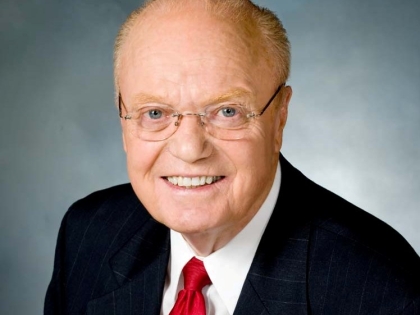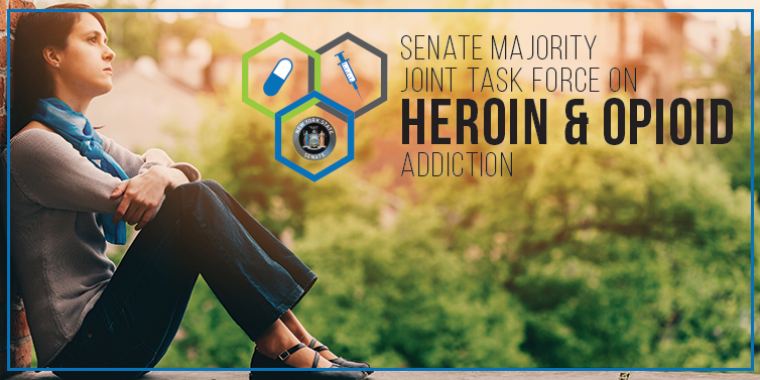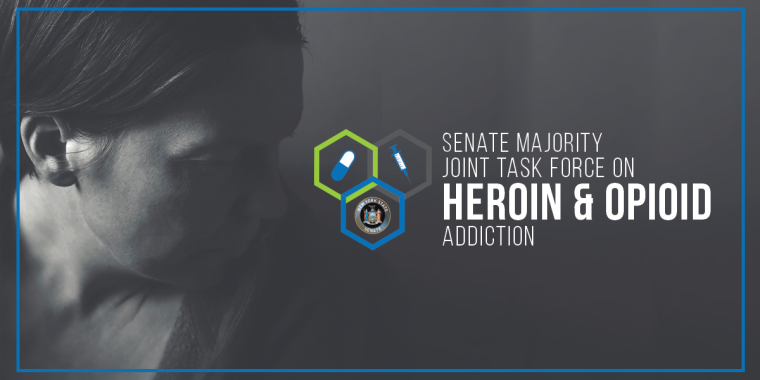
Sen. Farley Reports 2014-15 State Budget Includes Funding to Improve State’s Roads, Bridges, and Public Transit
Hugh T. Farley
April 1, 2014
-
ISSUE:
- Budget
State Senator Hugh T. Farley (R, C, I – Schenectady) reported the New York State Senate passed transportation budget bills that provide critically important funding for roads, bridges, transit. The unprecedented new investments in our state’s infrastructure and transportation not only improves the quality of life for all New Yorkers, but also keeps our economy moving.
Some of the highlights of the transportation budget include:
* Local Road Improvement Funding: The budget sustains record-level funding of $438 million for the Consolidated Highway Improvement Program (CHIPs). These investments will benefit counties, cities, towns, and villages throughout New York and help municipalities undertake new infrastructure repair projects.
* Capital Transportation Projects: The budget includes $3.7 billion to be used to improve roads, and bridges, as well as projects in rail, aviation, and transit.
* Filling Potholes: The brutal winter resulted in a significant number of potholes and road surface damage. It also depleted local budgets for repairs. This budget provides $40 million in capital for municipalities.
* Investing in Public Transit: The budget includes a total of $178.7 million for upstate public transit. That is an increase of $5.1 million. The increase includes $2.8 million which represents the first year of a new initiative that will provide annual aid increases to assist upstate transit now, and in the future.
The budget includes $4.91 billion for mass transit, including $4.34 billion for the MTA, which is an $85 million increase in operation aid. It also includes $290 million for the downstate non-MTA systems.
In addition to these initiatives, the state budget provides ways to keep our roads and drivers safe. More funding is going towards curtailing dangerous texting-while-driving. Young and new drivers convicted of texting-while-driving will have their licenses suspended for 120 days for the first offense, and a year for the second offense.
Share this Article or Press Release
Newsroom
Go to Newsroom
Senator Farley Discusses 4-H With Local Youth
May 17, 2016


Senator Farley Salutes Seniors
May 17, 2016
